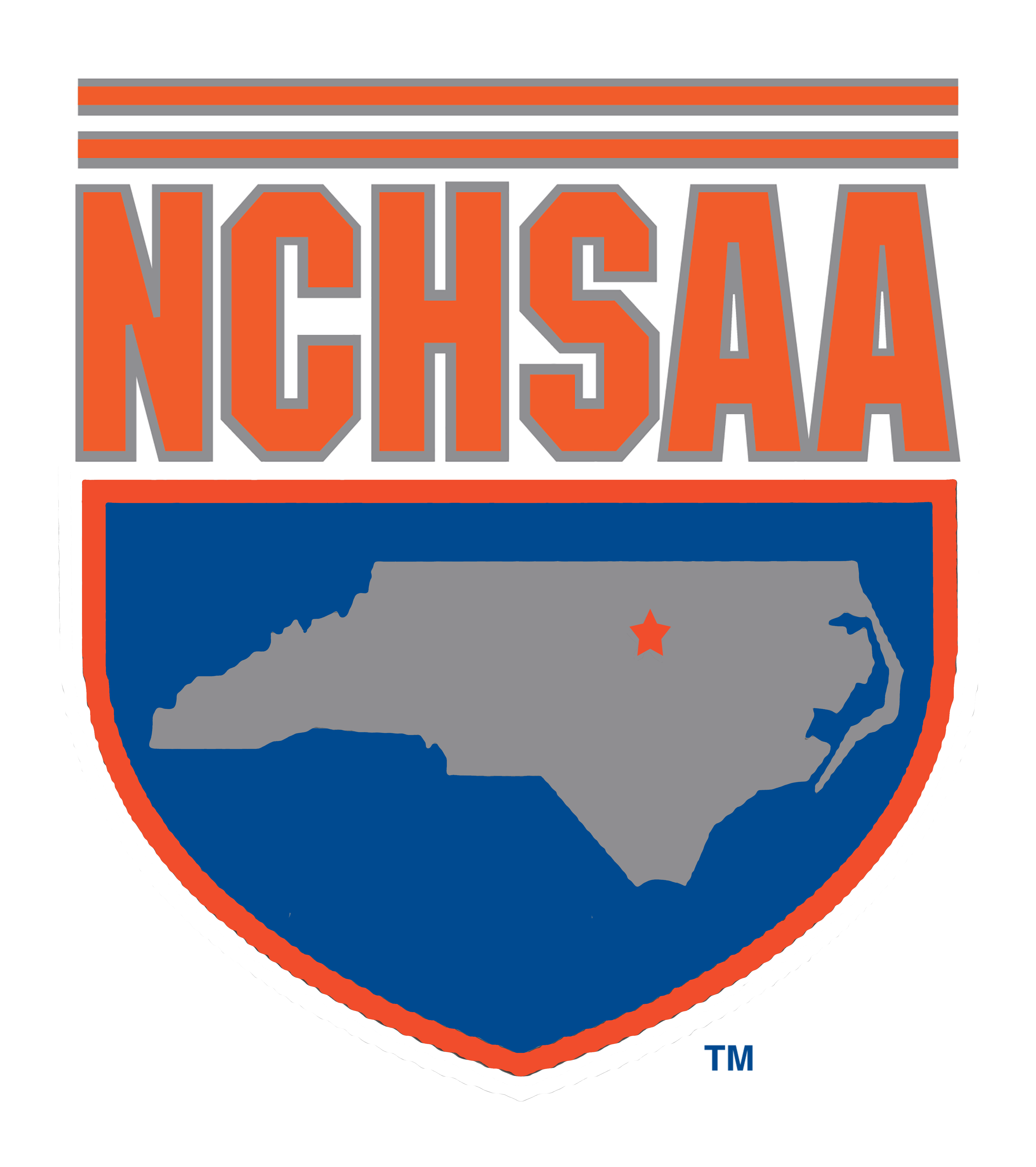FOUR QUESTIONS: A CONVERSATION WITH… DAVID BROWN
David Brown is the basketball regional supervisor of officials for the Piedmont Officials Association as well as being an accomplished official himself.
A resident of Rutherfordton, David has worked three NCHSAA state championships as a basketball official, serving as an active official from 1988 through 2010, and has also officiated football and baseball for the NCHSAA.
Since 2008, he has been an accomplished NCAA Division I baseball umpire, working in the Atlantic Coast, Southeastern, Big South, Southern and Sun Belt Conferences. He has also worked a pair of NCAA Division II World Series.
Away from his work in athletics, he is the director of product development for an engineering firm based in Roebuck, S.C.
What do you find to be the most difficult part of being a regional supervisor of officials, and what is the most rewarding part?
The most difficult and the most rewarding are really intertwined. It’s identifying and separating the officials that really want to get better, then developing a comprehensive course of action for their individual improvement to meet those goals.
I will add that all the administrative red tape can be difficult when it takes away from the specialized time you would like to have supervising your group. Therefore, having a good administrative assistant allows for the supervisor to be the supervisor.
I would also say that seeing officials apply themselves and grow into the position of being a great official and leader is very rewarding. And to be tasked with the position of supervisor and leader is very rewarding when you see the former happen.
What are the biggest changes you’ve seen in high school athletics during your career?
One of the most glaring changes I have noticed is the lack of experience in the coaching ranks. As an official I always prided myself on my ability to manage a game. Don’t get me wrong, having a thorough understanding of the rules and their applications is vital to any sport and every official; however, if you never develop the art of managing people you will never succeed as an official.
The speed and science of the game is forever evolving and staying ahead of the physical curve of the game is the biggest challenge for officials. And in physical, I mean the officials and the players– it’s a physically demanding game and keeping up with that is our challenge because the student athletics deserve our best.
I sincerely feel that as our coaches retire and the vacuum is filled with younger coaches, (this pertains to younger officials as well) we must understand this game within the game called people management !!!!!
It’s an art, not a science.
What is your best memory of high school athletics personally, from your own involvement in them?
Working my first high school championship game with two very dear friends, Gary Richardson and Bryan Chambers (20 years later we’re still great friends) and the memories we shared throughout that year and that post season.
One other memory would have to be the year I grew up as an official. In 1997 the legendary coach Terry Rogers was ejected by me for being out of his seat and box, protesting a call after receiving his first technical. I thought my career would be over; however, a gentleman named Roachel Laney, at the time the athletic director at Appalachian State University, was in attendance and called my supervisor and reported that I followed protocol to the letter and should be commended. Well, I wasn’t commended but I was exonerated and survived the ordeal.
Those are the nights that give you the confidence to grow and do your job!
You continue to be active as an outstanding baseball umpire in the collegiate ranks. What is one of the most unusual things you’ve encountered on the field as an umpire?
There are so many crazy things that have happened over the years. One of those was when we had two Division 1 coaches wanting to fight in the middle of the game, so we offered to stop the game, have everyone leave, reenter and pay a pay per view cover charge. That was one of those game management tools that defused the situation, which in the end is all we wanted.
The other one is a lesson in being professional. It was taught to me by my mentor, John Floyd. And I quote, “When I leave the field today, it doesn’t matter to me if they like me, more often than not they won’t. But they will respect me.”

